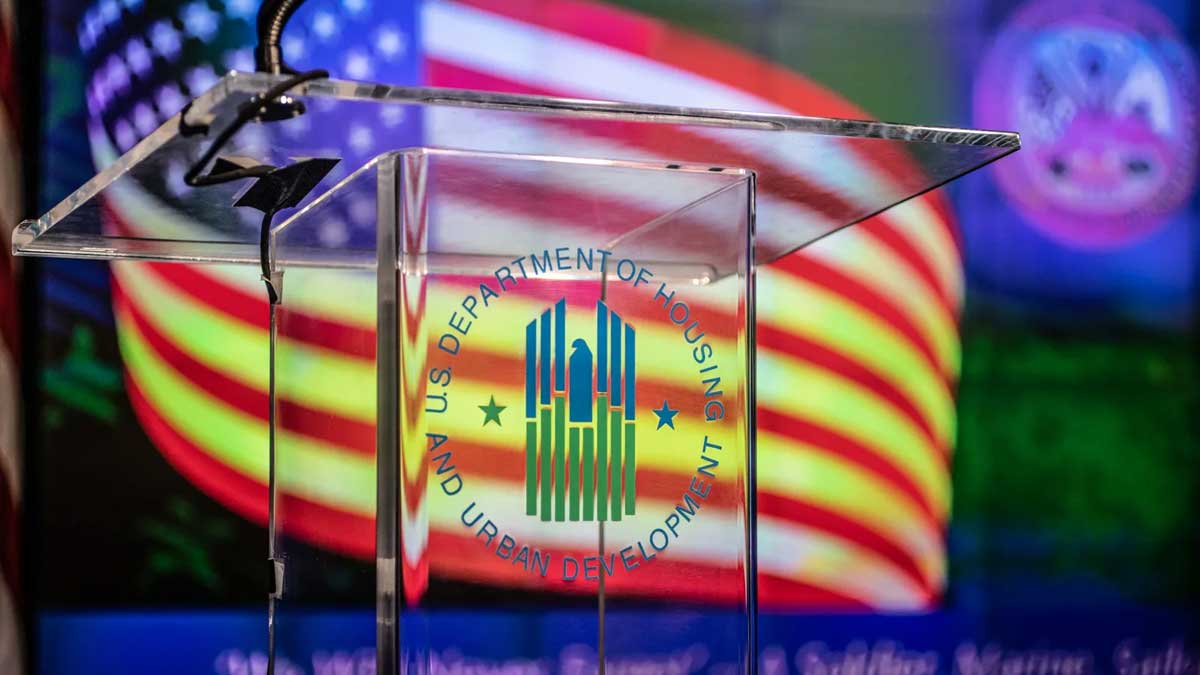Tax season can be stressful. It’s so nerve-wracking for some taxpayers that it makes 30% of them want to cry, according to a recent report from Intuit Credit Karma. Not only does preparing for taxes often take hours to do, but the dreaded task of finding receipts and gathering important documents is a headache. Plus, tax rules can change every year, adding a layer of anxiety for many.
Read Next: The Best Tax Deductions and Tax Breaks for 2024-2025
Learn More: Here's the Minimum Salary Required To Be Considered Upper Class in 2025
While it’s hard to keep track of shifting policy changes, it’s in your best interest to do so because you could be missing valuable deductions and selling yourself short when it comes to refunds. Although Tax Day is around the corner, it’s not too late to maximize your savings.
Here are six common tax pitfalls to avoid amid changing policies.
Also see how to prepare for tax season year-round.
You could be leaving money on the table by brushing off new or expiring tax credits. Get the biggest refund you can by staying up to date on policy changes.
“Tax rules change more often than you may realize, and some credits — like those for education or clean energy — can quietly appear or disappear. If you’re not paying attention, you could miss out on real savings,” according to Rachel Richards, CPA, head of tax at Gelt.
Find Out: 6 Reasons Your Tax Refund Will Be Higher in 2025
To avoid an unexpected high tax payment, try not to make big financial choices before understanding the tax implications.
“Decisions like selling your home, cashing out investments or converting retirement accounts can come with big tax surprises,” Richards said. “A little planning ahead of time can save you a lot of regret (and money!) later.”
Other financial experts also recommend not making big financial moves without consulting someone, especially when it comes to retirement accounts.
“Taking a traditional IRA and rolling it over to a Roth without the knowledge of the tax penalty, now you’ve got a huge surprise come April,” said Steven Kibbel, financial planner, entrepreneur and chief editorial advisor of Gold IRA Companies.
Kibbel shared how it happened to clients he counseled after the fact. “They felt they were doing something smart in terms of tax-free growth. Nobody explained to them the upfront tax expense. It came as a huge shock to them,” he said.
With tax rules often changing, you can’t assume what worked for you last year will apply the following tax season.
.png)
 German (DE)
German (DE)  English (US)
English (US)  Spanish (ES)
Spanish (ES)  French (FR)
French (FR)  Hindi (IN)
Hindi (IN)  Italian (IT)
Italian (IT)  Russian (RU)
Russian (RU) 







Comments